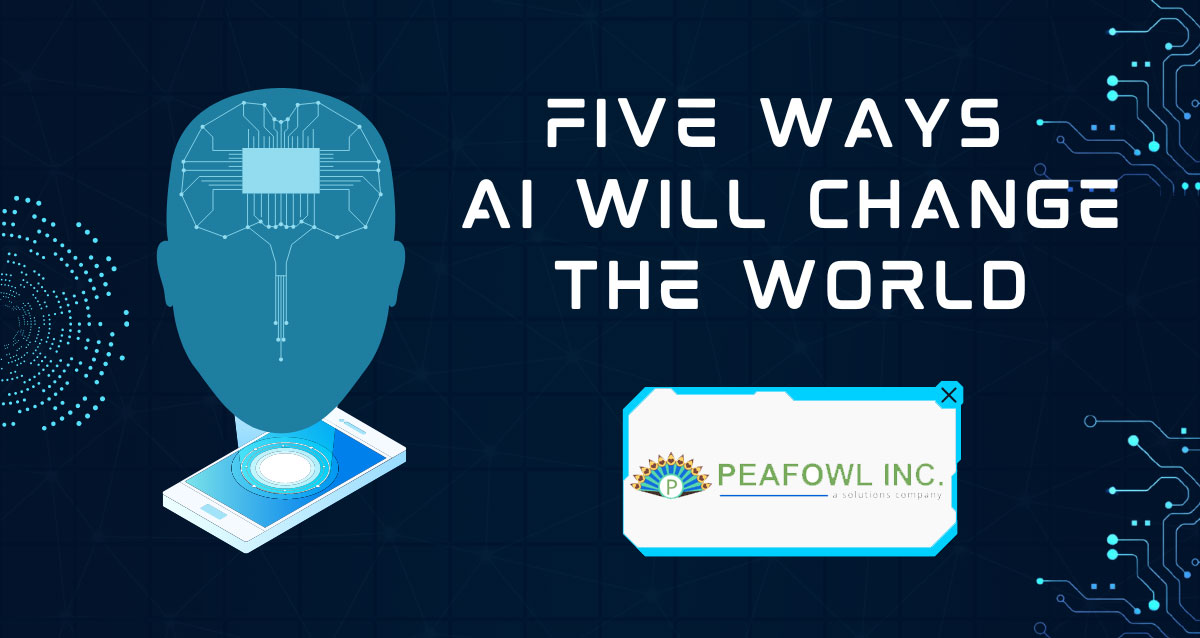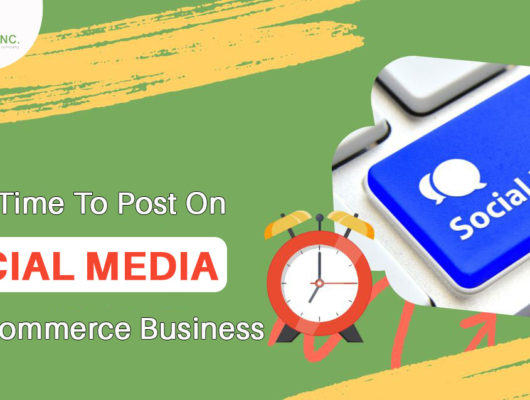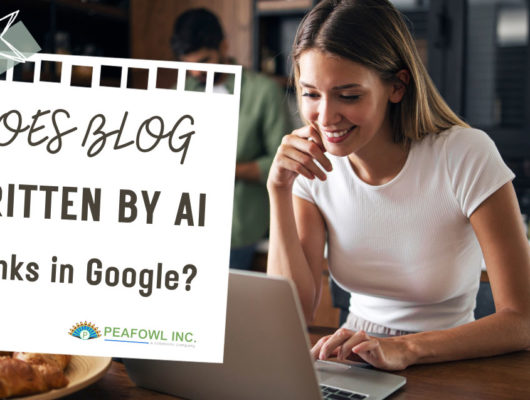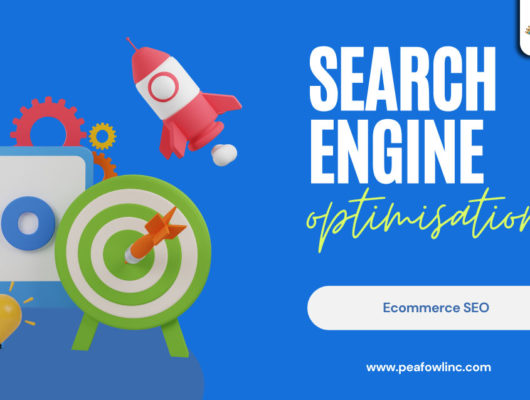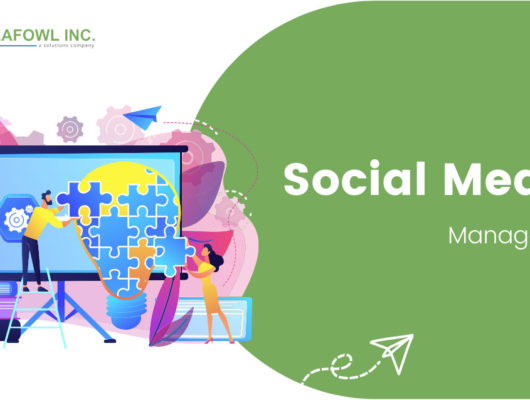We live in a time of accelerated change. New inventions over the next decade will replace the technologies we use today. Artificial intelligence is an integral part of this shift and will have a profound impact on all aspects of our lives, including the purchase of goods and services. Here the experts at PeaFowl INC have shared five ways AI will change the world:
Trade and Commerce
Trade and commerce have become increasingly important in the global economy over the past decade. On the way to a cashless society and away from traditional shops, cloud computing systems are becoming more and more ubiquitous. This has created a need for authentication systems to identify people in real time across multiple devices.
AI can improve our ability to collaborate on these issues. For example, AI could help create an identity system that uses biometrics such as fingerprints or face recognition, as well as iris or DNA scans, and stores everything securely in one place (e.g. your phone). So you could use a single form of identification — an app on your phone — to pay for purchases without carrying cash or credit cards.
AI will also make it easier for people who don’t know each other personally but want to trade goods on online marketplaces like eBay or Amazon Prime Now, ensuring both parties in online transactions are who they say they are.
Modern Workforce
AI will change the world by creating new jobs and enabling people to work from home and at their own pace. It should be noted that AI is not a new concept; its use has been around for decades. However, technology has become more and more advanced, allowing us to reap its benefits faster than ever before.
AI is poised to revolutionize the workforce by automating routine tasks, enabling data-driven decision-making, and fostering continuous skill development. As AI technologies handle more and more repetitive responsibilities, employees can focus on more strategic and creative aspects of their roles. AI-powered personalized learning platforms will ensure professionals gain the skills they need to stay relevant in a rapidly changing job landscape. Human-AI collaboration will lead to higher productivity and innovative results. While AI offers substantial benefits, addressing ethical concerns and ensuring equitable access to opportunities will be vital to a successful and inclusive AI-powered workforce transformation. One always wonders whether these developments are positive or negative, but most agree that they are necessary to continue to thrive in our economy and society as we know it today.
Better, Faster, and Cheaper
AI can do things faster, better, and cheaper than humans. It can also help people get things done faster and at a lower cost. For example, if you are a journalist and you want to use GPT chat to write an article about how AI is changing the world, AI can help you write that article faster than if humans were to do it on their own. And because this article was written using artificial intelligence technology (a word processor called “Word”), it was published at a lower cost than hiring a human writer.
Forming New Industries
Artificial intelligence will create new industries and entirely new ways of working. Artificial intelligence will enable us to do things that were impossible to do before, such as performing complex surgeries with just a few minutes of training or helping doctors diagnose diseases in seconds.
AI is already improving the efficiency of companies around the world, enabling them to make better decisions with less time and money. It also creates new jobs by automating processes that used to take hours or days to perform (for example, image recognition). As a result, people without technical knowledge can contribute significantly to the success of their companies.
E-Commerce
AI will reshape the e-commerce landscape by enhancing customer experiences and optimizing operations. Through personalized product recommendations powered by AI algorithms, online retailers can tailor offerings to individual preferences, boosting engagement and sales. Chatbots and virtual assistants can provide real-time customer support, improving user satisfaction. AI-driven data analytics will enable businesses to gain deeper insights into consumer behavior, aiding inventory management, demand forecasting, and pricing strategies. AI’s integration into e-commerce will increase efficiency, better customer engagement, and more data-informed decision-making.
It is important to note that while this technology can be used for good or bad, its widespread adoption will affect all of us, for better or worse. The better we understand how AI can help us, the better we can use it. As AI becomes more complex, it simplifies our lives in unexpected ways. Artificial intelligence will turn our habits upside down. This notion has become inevitable, and we must confront it. Should we use artificial intelligence in our daily work? If not, what will happen? And if so, wouldn’t we then lose our knowledge? What if you create a shortcut between the calculator and Excel? Artificial intelligence is a new tool that will enable us to work better and be more productive. AI may not replace humans; Who says?


